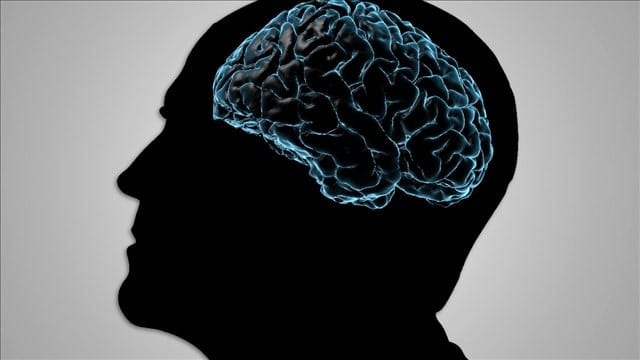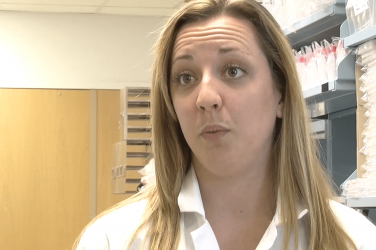By: Mary Grace Shaw
Daylight Savings ends this Sunday, but what does that mean for your health? The extra hour added to the day could benefit your mind. Dr. Philip Holmes, a University of Georgia professor of neuroscience, talked with Grady Newsource about how Daylight Savings effects the mind.
Holmes says Daylight Savings causes a shift in our circadian rhythm. The circadian rhythm is a 24 hour biological rhythm that controls several body functions that have all been trained to light.
“Our internal clock will adjust because it changes with the sun,” says Holmes.
Holmes says the end of Daylight Savings is less disruptive to our internal clock than when Daylight Savings begins. He says the only people who will be disrupted from the time change, are those who are not naturally early risers.
“People who are not naturally early risers, who are forcing themselves to get up early, it can effect their behavior,” says Holmes. According to Holmes, this includes people who set an alarm for a time before the sun rises.
Holmes says that Daylight Savings is when people need to worry about feeling more effects from the time change.








